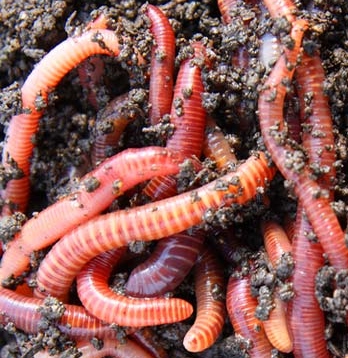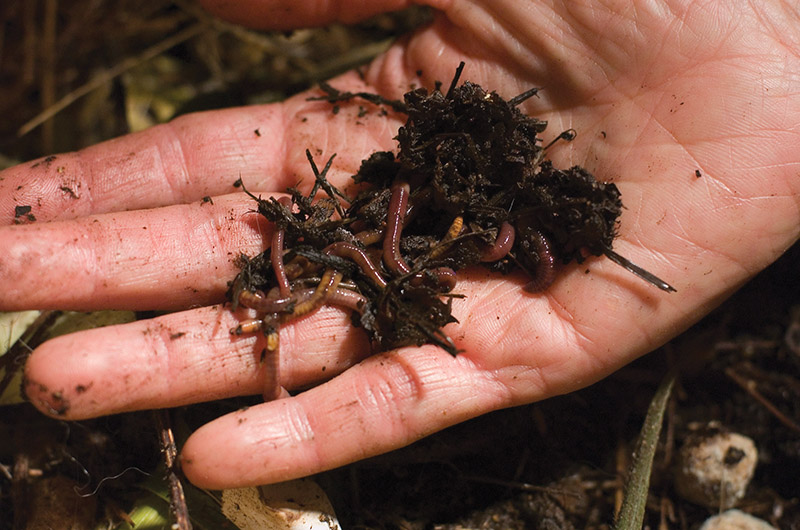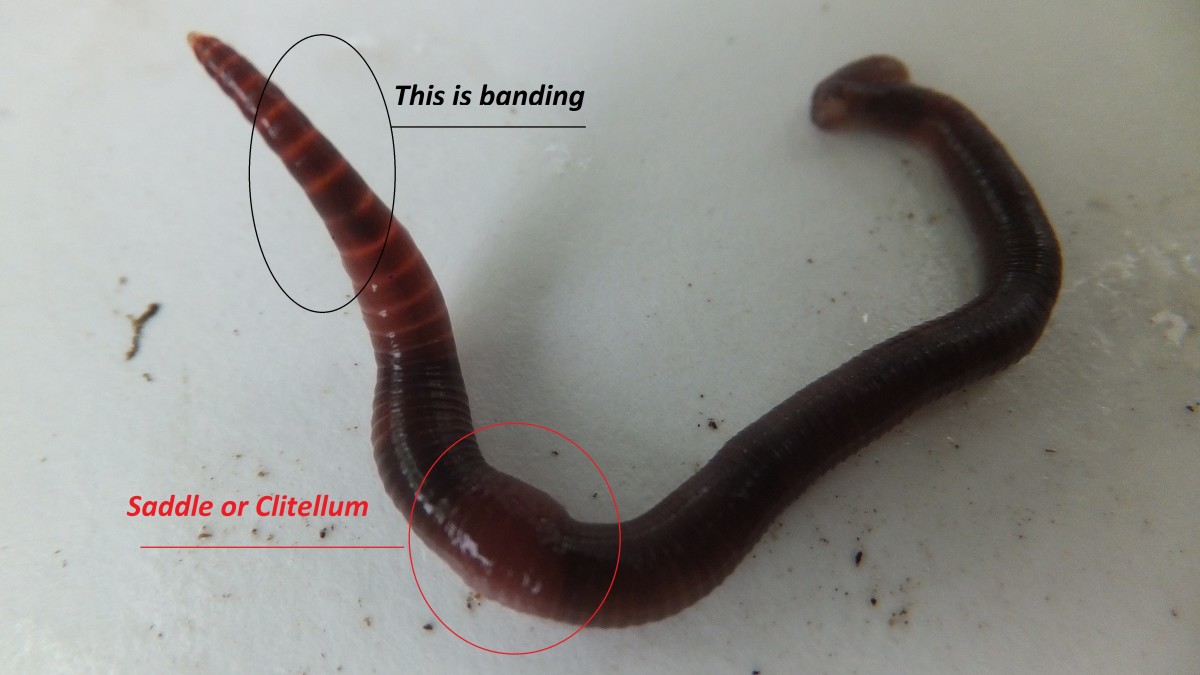Red Wiggler Worms - Natural Remedy for Environmentally Friendly Composting
Red Wiggler Worms - Natural Remedy for Environmentally Friendly Composting
Blog Article
Red Wiggler Worms Demystified: Opening the Keys of Vermiculture for Greener Living and Nutrient-Rich Soil
In the realm of lasting practices for enhancing dirt high quality and promoting eco-conscious living, red wiggler worms play an essential yet frequently forgotten role. Red Wiggler Worms. Comprehending the intricacies of caring for these worms, enhancing their environment, and utilizing their spreadings can lead to a greener lifestyle and healthier dirt for plants to thrive.
The Function of Red Wiggler Worms
Red Wiggler worms play an essential role in composting systems by effectively damaging down organic matter into nutrient-rich spreadings. These voracious eaters take in a selection of organic materials, such as kitchen area scraps, backyard waste, and paper products. As they feed, the worms' digestion procedures damage down the organic matter into a penalty, dark, and nutrient-dense product known as worm castings or vermicompost.
The castings created by Red Wiggler worms are extremely beneficial for soil health and wellness and plant development. They are abundant in important nutrients like potassium, phosphorus, and nitrogen, which are vital for supporting healthy plant advancement. Furthermore, worm castings consist of helpful germs and enzymes that help improve soil structure, increase water retention, and enhance nutrient uptake by plants.
Advantages of Vermicomposting

In addition, vermicompost, the nutrient-rich final result of vermicomposting, works as an exceptional organic plant food and soil conditioner. It improves dirt structure, boosts soil oygenation, and increases soil wetness retention. These residential or commercial properties add to healthier plants with stronger origin systems and much better resistance to diseases and pests. Vermicompost likewise improves the dirt with necessary nutrients like phosphorus, potassium, and nitrogen, advertising plant growth and total dirt fertility.
Furthermore, vermicomposting assistances lasting gardening methods by supplying a chemical-free and all-natural alternative to artificial fertilizers. Red Wiggler Worms. This eco-friendly technique not just enhances the soil yet likewise aids lower dependence on hazardous chemicals, advertising a greener and more sustainable way of horticulture
Establishing Up a Worm Bin
When establishing a worm container for vermicomposting, proper setup is crucial to guarantee the success of the composting process. The first step in setting up a worm bin is choosing a suitable container.
After adding the bed linens, present the red wiggler worms to the container. It is advised to start with a handful of worms and progressively boost as they multiply. The worms need to after that be offered with food scraps such as vegetables and fruit peels, coffee premises, and eggshells. It is important to stay clear of including meat, dairy products, oily, or salty foods to prevent bring in insects and developing unpleasant odors.
Routinely keep track of the dampness levels and temperature level in the worm bin to make certain ideal conditions for the worms. With appropriate setup and maintenance, the worm bin will successfully convert natural waste into nutrient-rich garden compost for your plants and yard.
Gathering Worm Spreadings
To successfully accumulate nutrient-rich worm spreadings from your vermicomposting system, a systematic harvesting method is vital. When it comes time to collect the worm spreadings, there are a couple of vital actions to follow to ensure a successful process.

Troubleshooting Common Issues
Identifying and dealing with common challenges that might arise throughout the vermicomposting procedure is critical for maintaining a website link effective and healthy and balanced worm container. One typical problem that vermicomposters encounter is overfeeding. Including excess food scraps can bring about an accumulation of wetness and acidity in the worm bin, possibly damaging the worms. To avoid this, feed the worms in moderation, ensuring that the food scraps are adequately damaged down before including a lot more. Another issue is unpleasant smells emanating from the worm bin. Foul scents suggest anaerobic conditions, generally caused by overwatering or poor ventilation. To fix this, readjust the wetness levels by including dry bedding materials like shredded paper or cardboard and boost oygenation by turning the bedding regularly.
Furthermore, if the worm populace is decreasing or the worms show up unhealthy, it might be as a result of ecological stressors such as severe temperature levels or pH levels. Checking these elements and making essential adjustments is crucial for the wellness of the worms. By repairing these usual issues immediately, vermicomposters can make certain a successful and smooth vermicomposting procedure while maintaining a flourishing worm populace.

Conclusion
In conclusion, red wiggler worms play an essential role in vermiculture by damaging down organic matter right into nutrient-rich dirt. Setting up a worm container is necessary for successful vermiculture, and harvesting worm spreadings supplies important compost for horticulture.
As they feed, the worms' gastrointestinal processes damage down the organic issue into a fine, dark, and nutrient-dense product known as worm spreadings or vermicompost.
The castings produced by Red Wiggler worms are extremely useful for soil wellness and plant growth. Including excess food scraps can lead to an accumulation of moisture and level of acidity in the worm bin, possibly harming the worms.In addition, if the worm population is decreasing or the worms appear harmful, it could be due to ecological stressors site link such as navigate to this site severe temperatures or pH degrees. Setting up a worm bin is important for effective vermiculture, and harvesting worm spreadings provides valuable garden compost for gardening.
Report this page